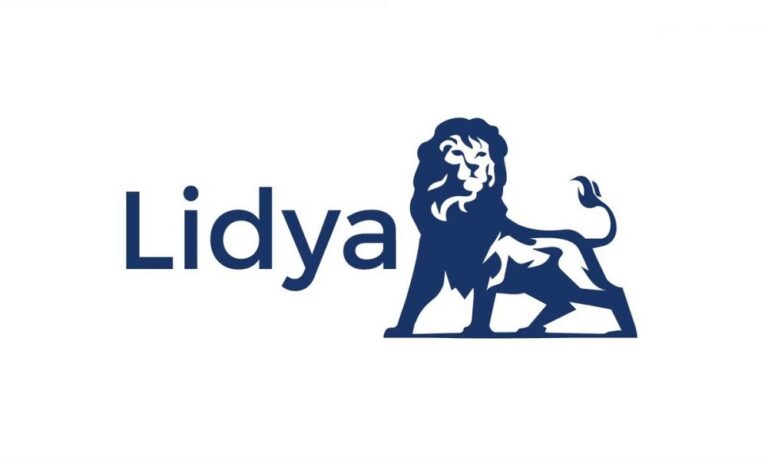Lidya, a Nigerian digital lending platform serving small and medium-sized enterprises (SMEs), has officially ceased operations, citing severe financial challenges. The announcement, communicated via email to customers, confirmed that the company can no longer continue business or process outstanding claims.
“Despite best efforts to restructure and sustain operations, the company has encountered severe financial distress and is no longer able to continue in business. As a result, the company has ceased all operations,” Lidya stated. The notice added that the company is unable to process funds or settle claims at this time.
Founded in 2016 by former Jumia executives Tunde Kehinde and Ercin Eksin, Lidya offered fast, collateral-free loans to SMEs using proprietary credit-scoring algorithms. Over its operational years, the platform reviewed more than $50 billion in credit applications and disbursed over $150 million to more than 32,000 small businesses.
The company raised roughly $16.45 million in venture funding between 2017 and 2021, including a $6.9 million Series A round led by Omidyar Network and an $8.3 million pre-Series B round led by Alitheia Capital’s uMunthu Fund.
Lidya pursued international expansion in 2020, launching in Poland and the Czech Republic, before retreating from these markets in 2023 to refocus on Nigeria. The company also introduced Lidya Collect, a receivables and loan-recovery product designed to improve repayment efficiency for businesses.
Operational Challenges and Leadership Departures
Operational difficulties intensified through 2024 and 2025, with reports from customers and partners highlighting frozen funds, delayed transactions, and general access issues on the platform. Leadership departures compounded the challenges: CTO Cristiano Machado left in September 2024, followed by CEO and co-founder Tunde Kehinde in October 2024. Reports also indicated that the Portugal-based engineering team experienced payroll delays starting in May 2024.
Originally, Lidya positioned itself as a comprehensive digital partner for SMEs, providing tools for invoicing, digital accounts, payment tracking, and customer database management, alongside rapid loan disbursements often completed within 48 hours.
Uncertain Path Forward
As of now, Lidya has not shared detailed plans for handling pending customer balances, regulatory notifications, or the wind-down process. The company’s website and social media channels remain largely silent on next steps, leaving customers dependent on the emailed notice for guidance.
The closure of Lidya marks a significant setback in Nigeria’s emerging digital lending space, highlighting the challenges fintech startups face in sustaining operations amid financial pressures and rapid market evolution

